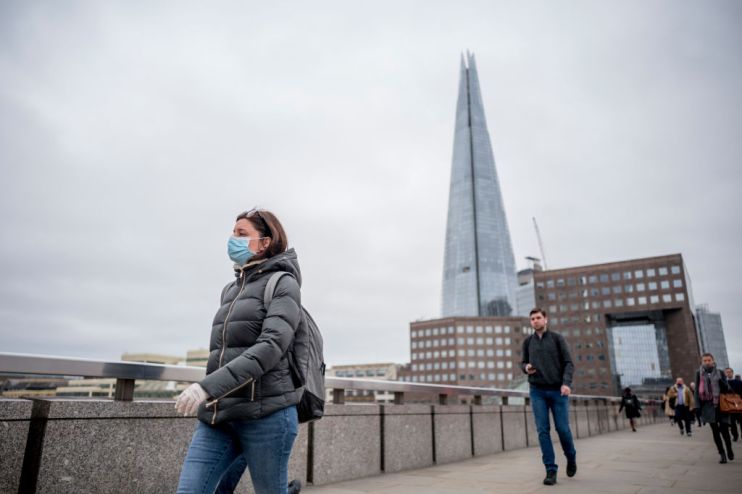Workers expect to boost revenue after in-person meetings resume

Workers expect to boost the amount of revenue they generate once they are able to meet face-to-face with clients again, new research published today has revealed.
According to hospitality group Accor, workers expect to make a quarter more in revenue when they are able to communicate with clients in person.
Professionals predict they will make an average of 23 per cent more deals annually once in-person meetings with contacts resume.
High confidence among workers in improving their performance levels once working reverts to pre-pandemic practices highlights the difficulty in conducting vital deal negotiations remotely, Accor noted.
Sophie Hulgard, senior vice president of sales at Accor Northern Europe, says: “Technology is a powerful tool but it will never replace the importance of the human touch in business.”
“Digital solutions in business are here to stay but there will always be a need to meet face-to-face to get the deal done. The loss of face-to-face business in the last year has demonstrated its emotional and financial value.”
The closure of the hospitality industry has also had an impact on workers’ ability to generate revenue. 18 per cent of workers think that being unable to take clients out for lunch or dinner meant they had less reason to meet them, which adversely impacted business results.

Read more: 800,000 London jobs could be done elsewhere post-Covid
Workers miss social interaction with colleagues
Workers are missing the benefits of face-to-face social interaction with colleagues, the research also showed.
47 per cent of workers miss the social interaction of meeting people through work, underlining the difficulties some people are experiencing amid widespread adoption of remote working practices.
The challenges of remote working have not been limited to missing out on social interaction. Workers have been struggling to integrate technological tools into their working practices smoothly, with 37 per cent experiencing issues such as bad video or audio quality or dropping out of video conferences.
30 per cent of workers have also found it difficult not being able to see another person’s body language and nonverbal cues, while over a fifth (22 per cent) have found it harder to engage in small talk to form personal relationships since shifting to remote working.
“The psychological learnings of the past year are also crucial – people need to connect and technology can take us around the world and bring people together but in doing so it can miss the nonverbal cues that only face-to-face can see” Hulgard added.